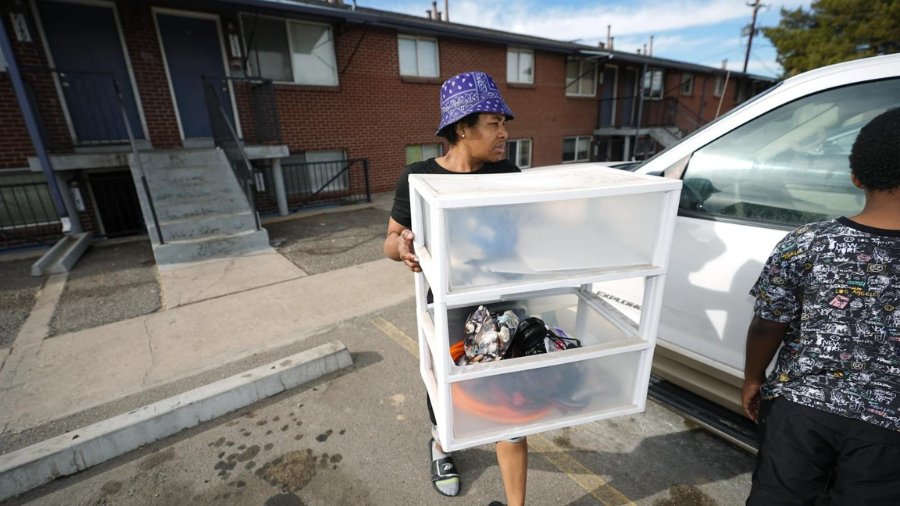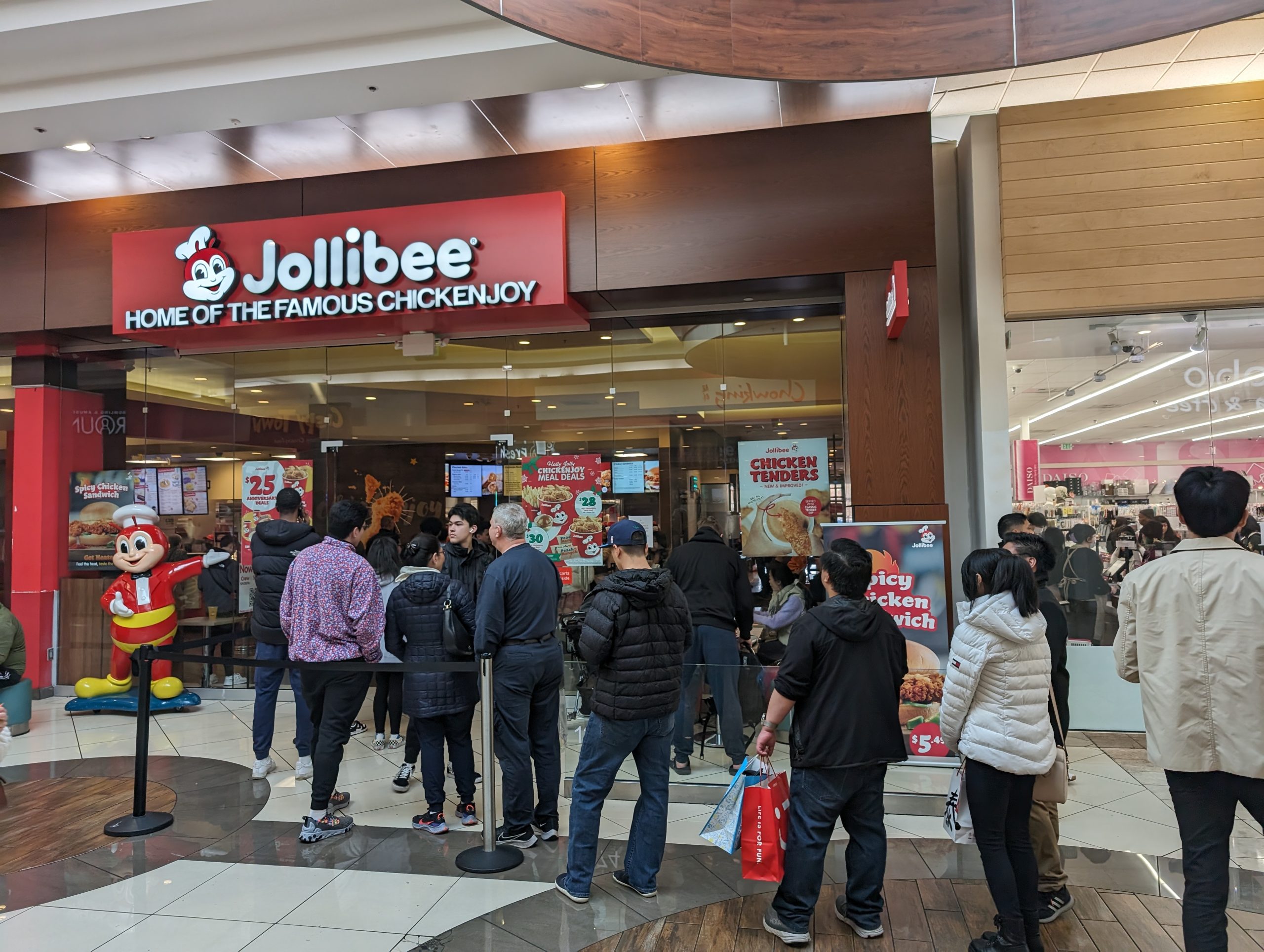I haven’t made it myself yet, but I’ve always wanted to make my own tepache, a fermented drink made with the rinds and core of a pineapple. I drink it a lot of the De La Calle tepache and really like it.
- 33 Posts
- 87 Comments

 0·9 months ago
0·9 months agoUS. In my dialect, all three are different.
Middle school: 6-8
Intermediate school: 7-8
Jr High: 7-9
I attended an intermediate school that called itself a jr high, so I can understand the confusion.

 0·9 months ago
0·9 months agoIt does soften language that could otherwise be mistaken for harshness tho

 0·9 months ago
0·9 months agoNot “millionaires”, it’s “millions” like “lots of people”.

 0·9 months ago
0·9 months agoGrowing up, I was Mormon (though I no longer am), and I served my mission in Russia. I was serving in a little town outside Moscow called Lobyna (meaning “the place of the skull”), and it was mid-winter and my companion (that’s what the other missionary in a pair is called) and I were sign-boarding, handing out free Books of Mormon. I noticed that there was a man who had walked by our station a couple of times, dressed kinda bedraggled – I noticed him because he wasn’t wearing any shoes – who seemed interested in talking but shy about starting a conversation. I offered him a copy of the book, and struck up a reasonably pleasant conversation that resulted in my inviting him to take the discussions by meeting with us in the church building.
Our companionship lived on the second floor of the church building, which was a converted dacha (a Russian summer home), and then the first floor and half of the second floor was reserved for church activities. We scheduled our meeting with this investigator (I don’t remember his name, it’s been a few years) to be right after morning study, so we didn’t have to leave the house and come back.
Come the day of, and I go downstairs to the kitchen to make breakfast, and lo and behold, our new investigator is sitting in the middle of the biggest room (the chapel/former living room) on a folding chair just waiting. I called down my companion, and we did our discussion earlier than expected, which was fine, and then did morning study afterwards. I don’t remember a lot of that first meeting, other than he seemed like a reasonable Russian Orthodox member who was chatting with American missionaries. What I do remember is that when I went to let the investigator out, I had to unbolt both front doors to do it.
After he’d left, I asked my companion if next time he’d please tell me when he lets people into our house, to which he replied that he didn’t let the investigator in, he just assumed I’d done it. This was when I started to get concerned. You see, Russian doors aren’t like American doors. Generally speaking, there are two doors – a wooden door with a lock like I’m used to, and then a “fire door”, which is like an inch and a half thick steel with five deadbolts into the frame (three into the wall, and one into each of the floor and ceiling). This isn’t a “tee-hee” kinda situation to open up the door to get in, you would have to do major structural damage to enter through a door. And it was mid-winter (like -30 - -40 degrees mid-winter), so it wasn’t like we forgot and left a window open or something. We resolved to be extra certain to lock up the house next time.
Which is why it was so surprising when, a few days later, he was sitting in the middle of the chapel-living-room waiting for our appointment an hour early again. We had checked all the bolts and windows and everything, yet there he was. And this time, the discussion went thoroughly off the rails. He was telling us about how the spirits of the dead congregate behind a comet that circles the solar system, and that they’re awaiting the confluence of some celestial bodies and would get free and so on. We wrapped up the conversation and did not invite him back, and never saw him again.
And sure as shootin’, when we checked the doors and windows when he left, they were all still locked and barred. It’s been 15 years and I still don’t know how he got into our house.

 0·9 months ago
0·9 months agoBritish crosswords are MORE cryptic than American ones? I can’t consistently solve the LA Times or NYT crossword after Wednesday; I probably wouldn’t be able to do any British puzzles.

 0·9 months ago
0·9 months agoI get access to the NYT puzzles app through my library card, which has a very long backlog and lots of packs, so that may be an avenue worth pursuing.

 0·9 months ago
0·9 months agoNot really, unfortunately. Firefox has only like 85% of the spec implemented, iirc. It is the browser I develop in most, personally, though, fwiw.

 0·9 months ago
0·9 months ago64.7% of all web traffic was from Google Chrome in 12/23. Companies like it because you can develop for one browser and support most people.

 0·9 months ago
0·9 months agoInteresting. Do aerosolized fluoridates adhere to teeth?

 0·9 months ago
0·9 months agoI think it already is. I think we just need to send a Calendly to see when everyone’s got some free time and we can burn this mother down.

 0·10 months ago
0·10 months agoMy understanding is that they are considering how much a neighborhood is “worth” in terms of the amount of tax revenue provided to the city. So, although each individual house on a cul-de-sac produces more tax revenue than each house in the poorer crescent (they cost more and so generate more property tax revenue; their residents make more and so generate more in sales and income tax revenue), because the poorer neighborhood is much denser, the total revenue is much larger.
I will admit. though, that I posted the article because I found it interesting but didn’t feel like I fully got my head around it, and was hoping to get some input from the community.

 0·10 months ago
0·10 months agoI feel similarly, except I wish more users were interacted with my sports communities too. Guess it’s a “have your cake and eat it too” kind of problem.
All in all, car bloat has increased vehicle prices while making autos more destructive to human life, natural ecosystems, and pavement alike. Because the full societal costs of crashes, pollution, and road repairs are not borne by owners of SUVs and trucks, every American is effectively subsidizing car bloat. Even if they drive a sedan. Even if they don’t own a car at all.
My country’s national anthem is just one long stupid rhetorical question that’s impossible to sing. It’s super embarrassing at international sporting events when it’s consistently the worst one there.

 0·1 year ago
0·1 year agoIt looks like you can construct scenarios where ICE cars are cheaper than EVs by a fine margin, for instance a mid-sized car that you own for just the wrong amount of time in a country with a high gas subsidy (the United States, for instance) that you don’t drive much. However, for most scenarios, it seems you’ll save 10-15% on the total cost of ownership.
The acronyms TCO (total cost of ownership), ICE (internal combustion engine) and EV (electric vehicle) may help you should you decide to continue research on your own.

 0·1 year ago
0·1 year agoI love Athletic Brewing Company. Their Oktoberfest is very good, and their Blueberry Lemon Mango sour is my favorite NA beer on the market. I also really like Best Day, especially their Kolsch.

 0·1 year ago
0·1 year agoI’m from Seattle, Washington, and it’s illegal to pretend your parents are rich here. Not sure why, though 🤷♂️
















The thing I dislike the most is that my bot got banned. I made a bot to post carefully categorized articles into their proper communities, but it was banned without warning or explanation. All the communities I was modding dried up shortly thereafter because I didn’t manually post in them instead.